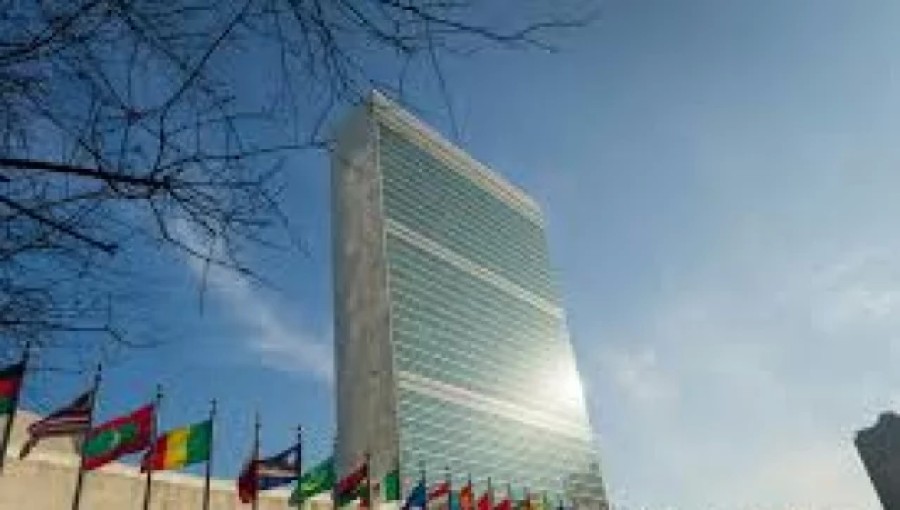Geneva, August 16 — A recent report by the United Nations High Commissioner for Human Rights (UNHCR) has revealed that 650 people were killed across Bangladesh during the upheaval following the quota reform movement and the subsequent fall of the government. The report, published from Geneva on Friday, underscores the significant loss of life amid the political turmoil.
The UNHCR report details that approximately 400 deaths occurred between July 16 and August 4, with a further 250 people killed in a new wave of protests from August 5 to 6. The casualties reported include protesters, pedestrians, journalists, and members of the security forces, though the UN warns that the actual death toll may be higher than reported.
The report also highlights challenges in accurately assessing the situation, citing curfews, movement restrictions, and internet shutdowns as significant barriers to data collection. The death toll from retaliatory violence following the fall of the government between August 7 and 11 remains undetermined, according to the report.
UNHCR's findings suggest that the previous government attempted to suppress the protests using excessive force. The Awami League government, which was in power during the unrest, reportedly used firearms, rubber bullets, sound grenades, and lethal ammunition against the largely peaceful demonstrators.
In response to the situation, UN High Commissioner for Human Rights Volker Turk has issued 21 recommendations aimed at restoring peace in Bangladesh. These include punitive and criminal measures against law enforcement agencies, as well as open dialogue to address social, economic, and political grievances. Turk emphasized the need for law enforcement to receive clear instructions and training on the use of force in line with international human rights norms.
The UN report also calls for systematic reforms in hiring and firing within the judiciary, security forces, and other institutions, stressing the importance of adherence to international human rights principles, particularly regarding the use of firearms. Turk urged Bangladeshi authorities to protect the public, including minorities, from counterattacks and retaliatory violence, ensuring that law enforcement agencies operate with greater accountability.
This report by the UNHCR sheds light on the human cost of the recent political instability in Bangladesh, while also calling for comprehensive measures to prevent further violence and promote a peaceful resolution to the country's ongoing challenges.





























Comment: